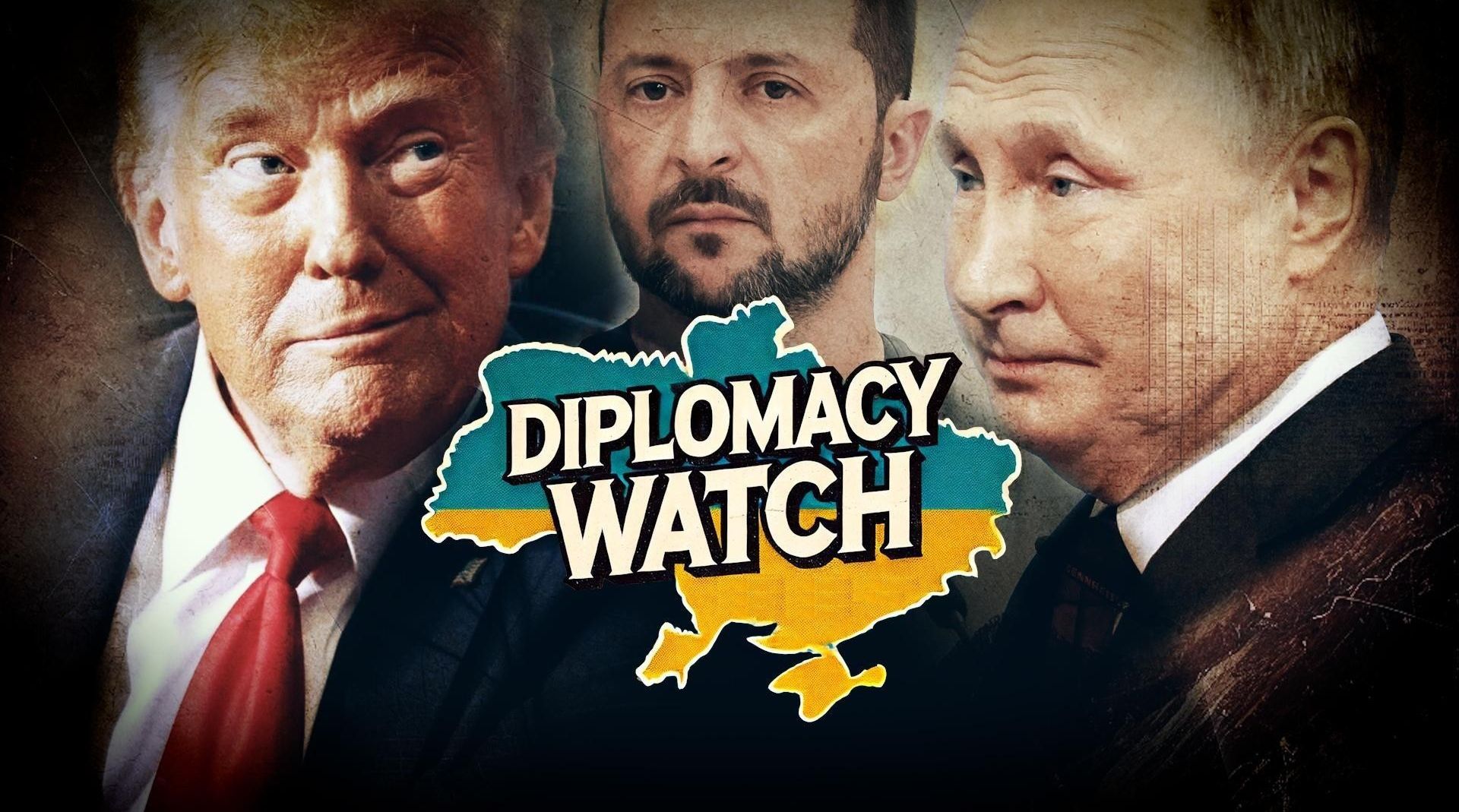On Wednesday, Vice President JD Vance told Munich Leaders Meeting attendees that Russia was “asking for too much” in the peace negotiation process.
Vance also clarified Washington’s strategy, saying that the United States sought a long-term settlement as the Russians continually rejected Ukraine’s offer for a 30-day ceasefire.
“The Russians are asking for a certain set of requirements, a certain set of concessions in order to end the conflict. We think they’re asking for too much,” Vance said, adding that Moscow would have to make some concessions.
Vance insisted that both Russia and Ukraine had to agree to terms to sit down and talk with each other, that it was “probably impossible” for Americans to properly mediate without the two sides doing so.
“In particular, the step that we would like to make right now is we would like both the Russians and the Ukrainians to actually agree on some basic guidelines for sitting down and talking to one another,” Vance said. “Obviously, the United States is happy to participate in those conversations, but it’s very important for the Russians and the Ukrainians to start talking to one another. We think that is the next big step that we would like to take.”
He added that the United States could walk away if Trump didn’t see a path forward.
When asked about the vice president’s comments, President Trump responded, “It’s possible that’s right.” Adding, “we are getting to a point where some decisions are going to have to be made.”
This sentiment mirrors some of the frustration reported from the White House. Trump, in a late-April social media post aimed at Putin, said the Russian president might be “tapping me along,” and that “maybe he doesn’t want to stop the war.” In the same post, Trump threatened Putin with secondary sanctions if Moscow continued to attack civilian infrastructure.
Both sides have shown some interest in a peace settlement. In late April, Russian Foreign Minister Sergey Lavrov said that the Kremlin is “ready to reach a deal” with the United States after some fine-tuning. Additionally, the Ukrainian parliament approved the long-awaited rare-earth mineral deal with Washington yesterday. While the agreement did not include any explicit security guarantees for Ukraine, it is seen as necessary to strengthen ties between Kyiv and Washington and to show that Ukraine is a “constructive party,” as Ukrainian politician Inna Sovsun said.
Other Ukraine War News This Week
Hours after it began, Ukraine is accusing Russia of breaking a 3-day truce. Al Jazeera reports that on Thursday, Ukraine’s Air Force claimed that Russia sent guided bombs into the Sumy region of Ukraine. The attack reportedly caused three residential buildings to catch fire and killed one civilian.
As Russia was preparing for its Victory Day parade, Ukraine struck deep into Russia, forcing all four airports in Moscow to close temporarily. According to The New York Times, the Russian Ministry of Defense shot down 105 drones across 11 regions in Russia, including areas just east of Moscow, hundreds of miles from Ukraine. The Ukrainian government reported no deaths or serious injuries.
The Financial Times reported that Chinese leader Xi Jinping and Russian president Vladimir Putin met on Thursday to strengthen economic ties. In the Kremlin, the nations agreed to increase cooperation and friendship while signing an official statement implicitly critical of Washington. China is still officially neutral in the Russia-Ukraine war, but has agreed to increase trade with Russia as Moscow weathers American and European sanctions.
From the May 5 State Department press briefing:
Spokesperson Tammy Bruce said the United States would continue operating as a mediator between Russia and Ukraine for now and that “we’ve been its (Ukraine’s) largest supporter; we remain its largest supporter.” She qualified her statement: "we do recognize, and everyone has to, that both parties must come up with their proposals for an enduring peace, that we are looking for that progress.”
She confirmed that President Trump was optimistic about a good outcome for all parties.
Another reporter inquired about the announcement that Russia and China would strengthen ties and a supposed report that Chinese companies were making missiles in Russia. Bruce responded by simply saying that several countries were responsible “for helping move the carnage that is unfolding in Ukraine.”
Finally, the spokesperson declined to comment on whether the United States supported “the principle of territorial integrity and not changing borders by force” concerning Russian holdings in Ukraine.
















